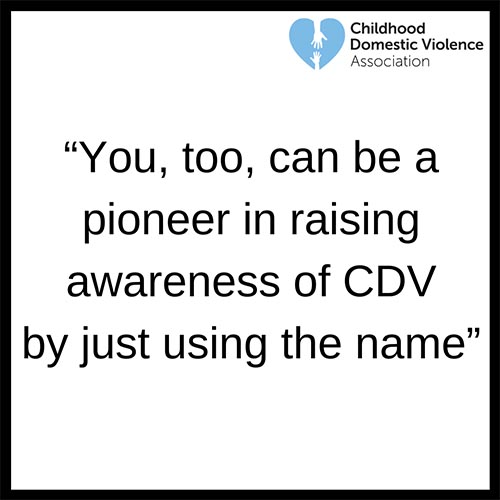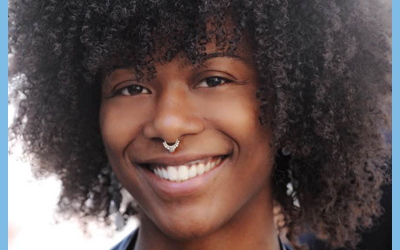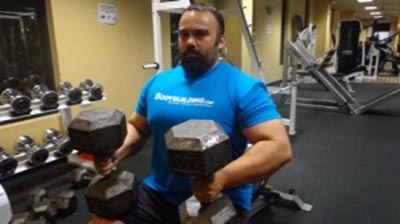
Did you know that growing up facing adversity in your childhood home has an impact on your life that can last well into your adult years?
The adversity negatively wires a developing brain. This can cause us to struggle with our relationships, emotions, behaviors, and health. What’s more, one of these adversities doesn’t even have a name.
You have heard of physical child abuse, sexual or emotional abuse…
The Adverse Childhood Experiences (ACE) Study examined a wide range of childhood adversities and documented the impact they can have on a life. Most of these adversities are well known. You have heard of physical child abuse, sexual or emotional abuse, losing someone to incarceration or divorce, and others. But one adversity in particular has practically no awareness — Childhood Domestic Violence (CDV) — which is when a child grows up living in a home with domestic violence.
What is in a name?
Growing up with childhood domestic violence encodes a series of negative beliefs, or LIES, in your developing brain. The brain’s job is to find evidence of what it believes is true. So if you believe that there is something wrong with you — that you are a fearful, angry, or worthless person early in life — the brain does its job and finds evidence as to why that belief is the truth.
So if you don’t even know what to call the adversity you faced, how can you begin to unlearn the lies that the experience encoded?
Finding a name for his adversity
Roger “Rock” Lockridge shared his story of growing up with childhood domestic violence in my book INVINCIBLE: The 10 Lies You Learn Growing Up with Domestic Violence, and the Truths to Set You Free. A critical step for him was realizing there was a name for the adversity that he grew up with and how having that name set him on his journey towards discovering the truths.
In a recent interview with Amanda Kippert at domesticshelters.org, he shared this turning point: “The fact that there was a name … I had tried for years to find some way to identify this thing I was feeling. Childhood domestic violence seemed so simple but was something I couldn’t think of. Once I was able to understand it, I was able to overcome it.”
Visionary organizations are leading the way to greater awareness
What good is a name if no one knows it? A select group of visionary organizations are leading the way to greater awareness. Domesticshelters.org and writers like Ms. Kippert are now calling CDV by name, highlighting its importance in the general conversation of domestic violence.
In a previous blog post, I told you about a new initiative that the New York City Department of Education is introducing in select schools to help teachers spot clues that students might have been exposed to violence, understand how that can affect students, and know what resources are available to them.
The National Coalition Against Domestic Violence (NCADV) recently hosted a series of webinars for its constituents to educate them on the effects of growing up with domestic violence. They now regularly use “CDV” in their communications on the topic.
As part of the launch of INVINCIBLE last year, free copies of the book were distributed to nearly 4,000 Boys & Girls Clubs of America locations across the country to help train staff on CDV and how it impacts children.
As other organizations join these leaders in calling CDV by name in their own materials and outreach, more of those who grew up with domestic violence will have the opportunity to give their experience a much-needed name, just as Roger did.
How can a name change society?
It made a difference in Roger’s life, but how can a name change society?
Those who experience childhood domestic violence are six times more likely to die by suicide, 50 times more likely to abuse drugs and alcohol, and 74 times more likely to commit a violent crime against another. UNICEF calls CDV “the single best predictor of children becoming either perpetrators or victims of domestic violence later in life.”
Addiction, violent crime rates, and the number of incarcerated individuals can be reduced with simple awareness. Knowing the name “CDV” and being able to apply it to their own experiences or those of loved ones gives those who grew up with it a greater chance to unlearn the lies and not be another statistic.

What can you do?
Sharing your experiences with CDV is a great first step in helping yourself. But your story is also important to the millions of other people who faced the same childhood but don’t know what to call it. Your story serves as a guiding light. You, too, can be a pioneer in raising awareness of CDV by just using the name.
The paperback edition of INVINCIBLE, filled with riveting stories just like Roger’s, is coming out this October and is currently available for preorder.
Do you want to help children who are currently growing up with CDV? I urge you to take a look at the Change A Life program. It is the only online training program currently available that is proven effective to help guide, prepare and qualify an adult to step into the life of someone who grew up facing adversity in their childhood home. It’s free and takes only 30 minutes.
Simply by using the term “CDV,” you are making a difference. And as more organizations and individuals use it, the closer we get to naming the “unnamed” childhood adversity.



0 Comments